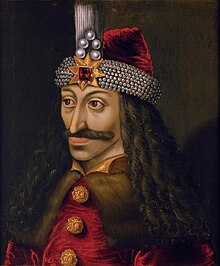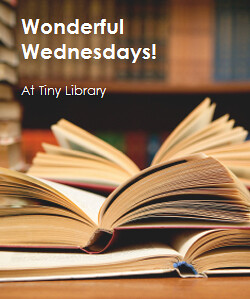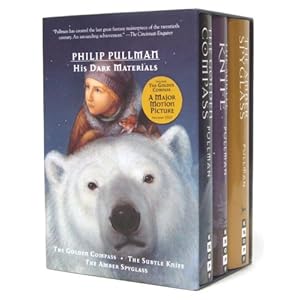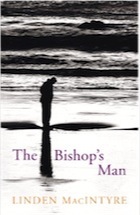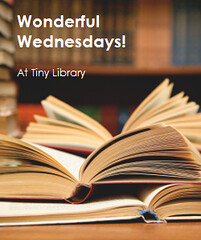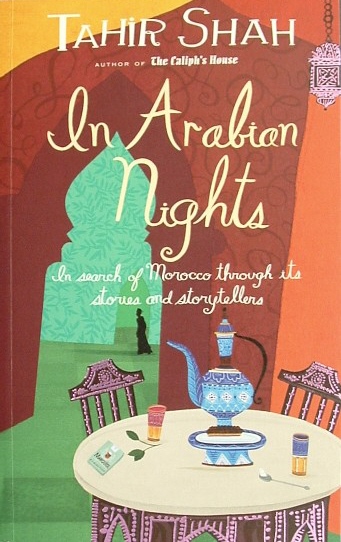I've lost track just how many people and blogs had recommended this cosy volume of letters between an American book lover and a second hand book shop in London's Charing Cross Road to me. Helene lives in New York but is a devoted Anglophile who makes a connection with England through the Marks & Co bookshop, who begin to send her books in the late 1940s. Over time she develops a close friendship with the chief buyer of the shop, Frank Doel, and their letters become both more personal and an important part of both of their lives. The volume I read also contained The Duchess of Bloomsbury, Helene's journal from when she finally got to visit London after 84 Charing Cross Road was published.
This book was just what I thought it would be - a cosy feel-good read. It was a bit like watching a Richard Curtis film, Love Actually or something like that. The London in the letters and diary entries felt like that fictionalised London that tourists want to see rather than the real thing. Everyone was nice and went out of their way to be kind to Helene, a total stranger. And that was the best part of the book; as it all actually happened it reminded me of the capacity for good and kindness that we all have inside of us. And who doesn't need reminding of that now and again?
I much preferred 84 Charing Cross Road to The Duchess of Bloomsbury. I just liked the letter format more than the diary one and the contrast between straight-forward and somewhat brash Helene and the typically-English, typically-reserved Frank. Compared to the sparky letters the diary entries dragged and were overly detailed. I was happy to learn that Helene finally got to make her trip, though, and it was nice to learn what had happened to Frank's family. I just didn't want that much detail.
Verdict: A perfect Sunday afternoon read.
Source: Library
First Published: 1976
Score: For just 84 Charing Cross Road, 4 out of 5. For both books combined, 3.5 out of 5


